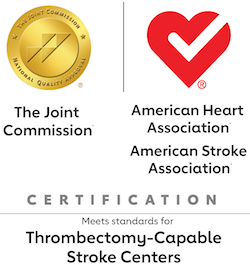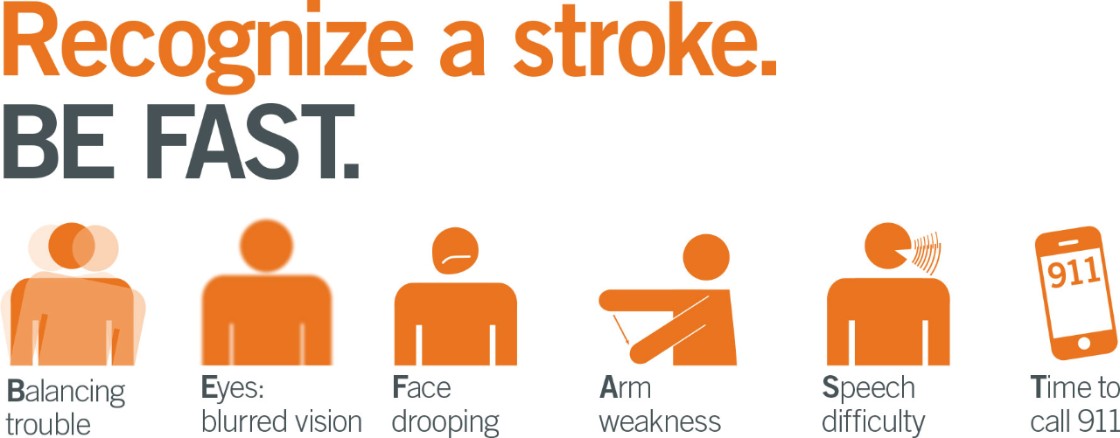The Joint Commission has awarded an advanced stroke certification for Thrombectomy-Capable Stroke Centers (TSC) to Northridge Hospital. This means that our Stroke Center has met the rigorous standards for performing endovascular thrombectomy (EVT) and post-procedure care.
Recent studies have shown the effectiveness of EVT procedures and the ability to perform EVT allows patients to get to the right location as soon as possible. Considered the Gold Seal of Approval™, this certification demonstrates our commitment to excellence in stroke care. Our community can be assured that the quality care we provide is effectively managed to meet the unique and specialized needs of stroke patients.




.jpg)
.jpg/_jcr_content/renditions/cq5dam.web.1120.1118.jpeg)

